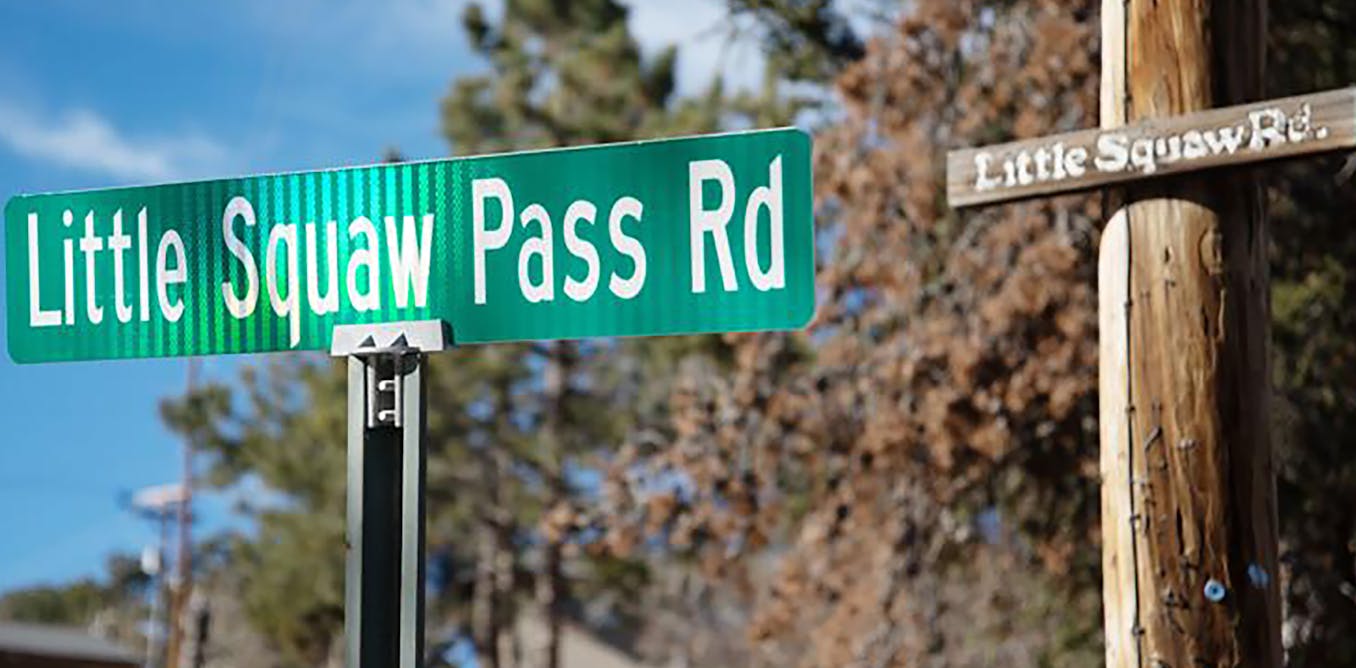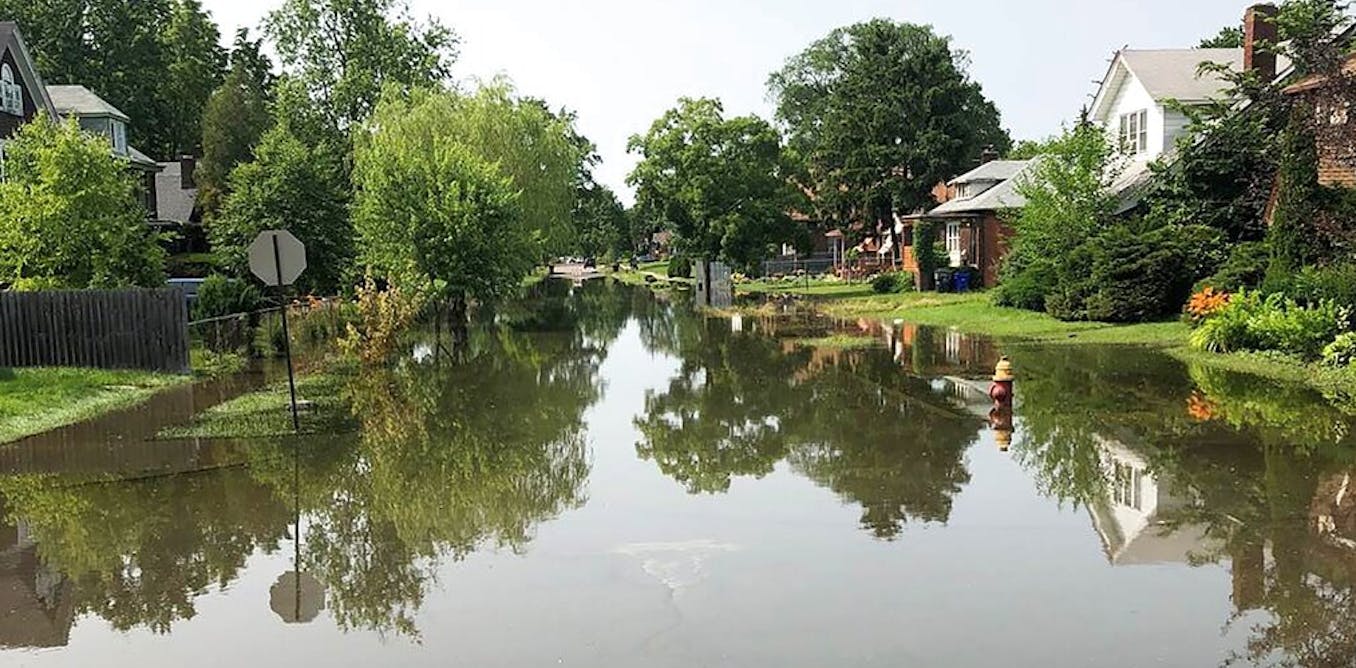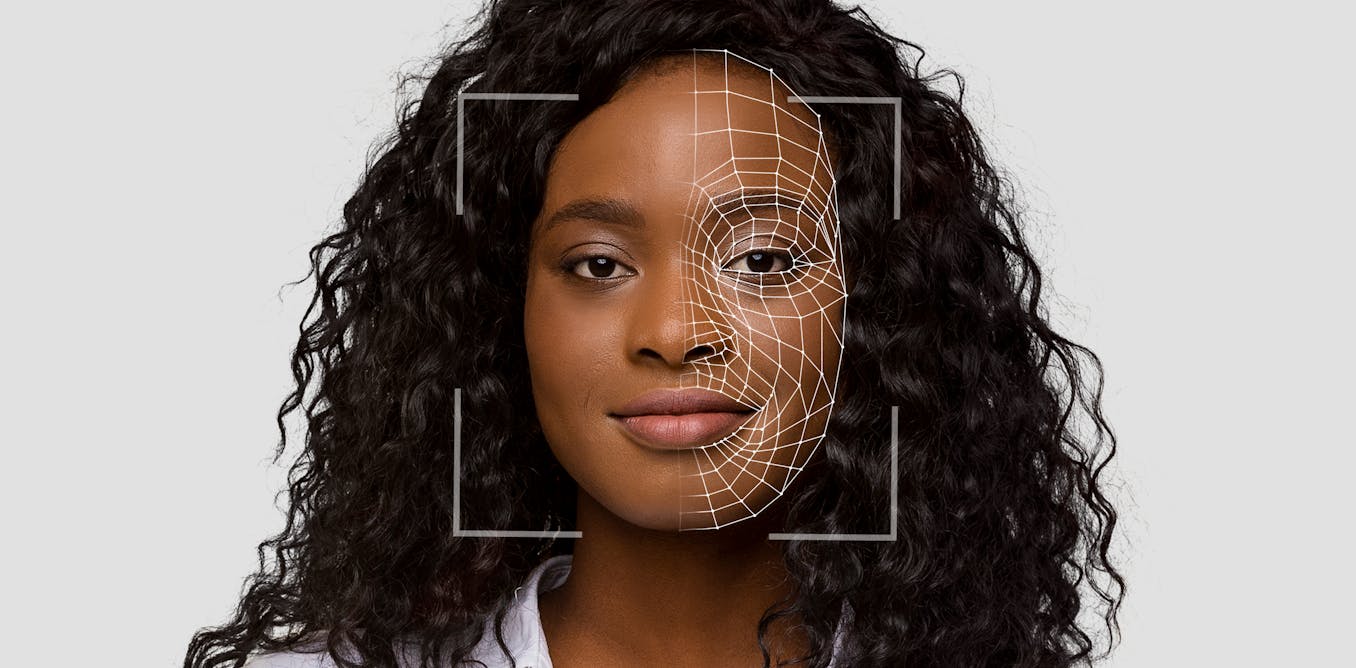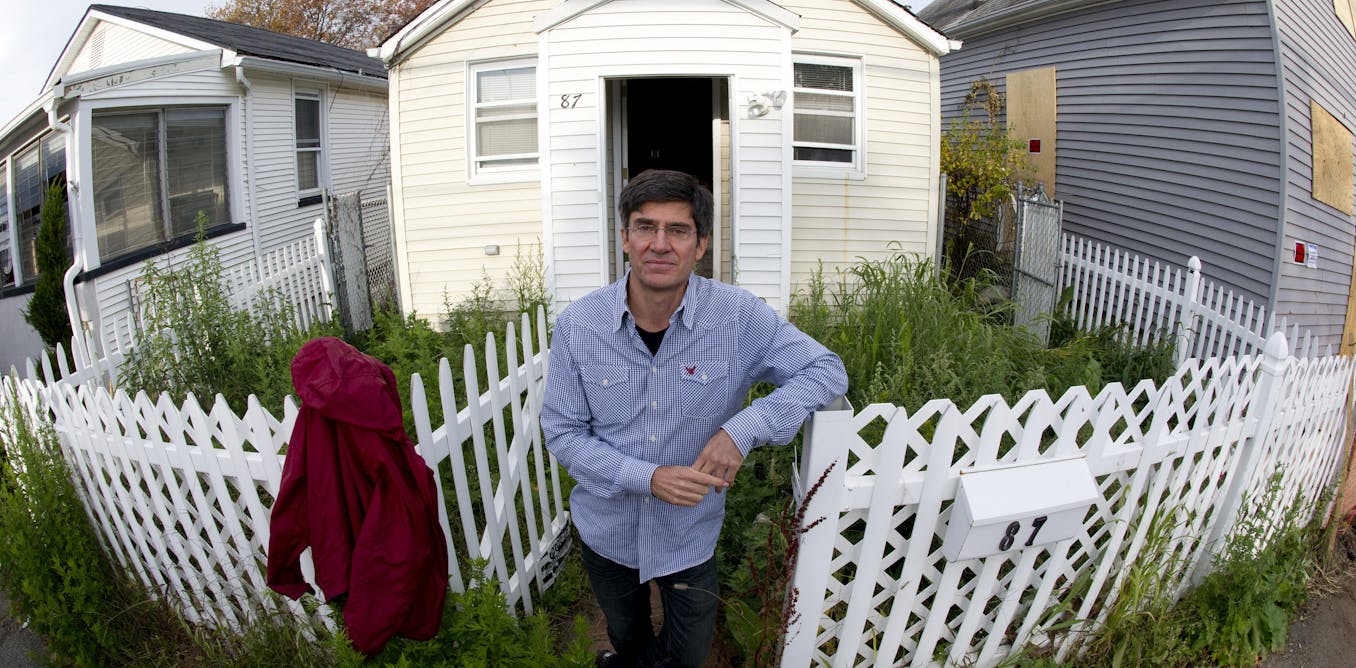Race isn’t a ‘biological reality,’ contrary to recent political claims − here’s how scientific consensus on race developed in the 20th century
An executive order critiques the idea that race is a human invention. But that’s exactly what modern science supports.
April 10, 2025 • ~11 min







